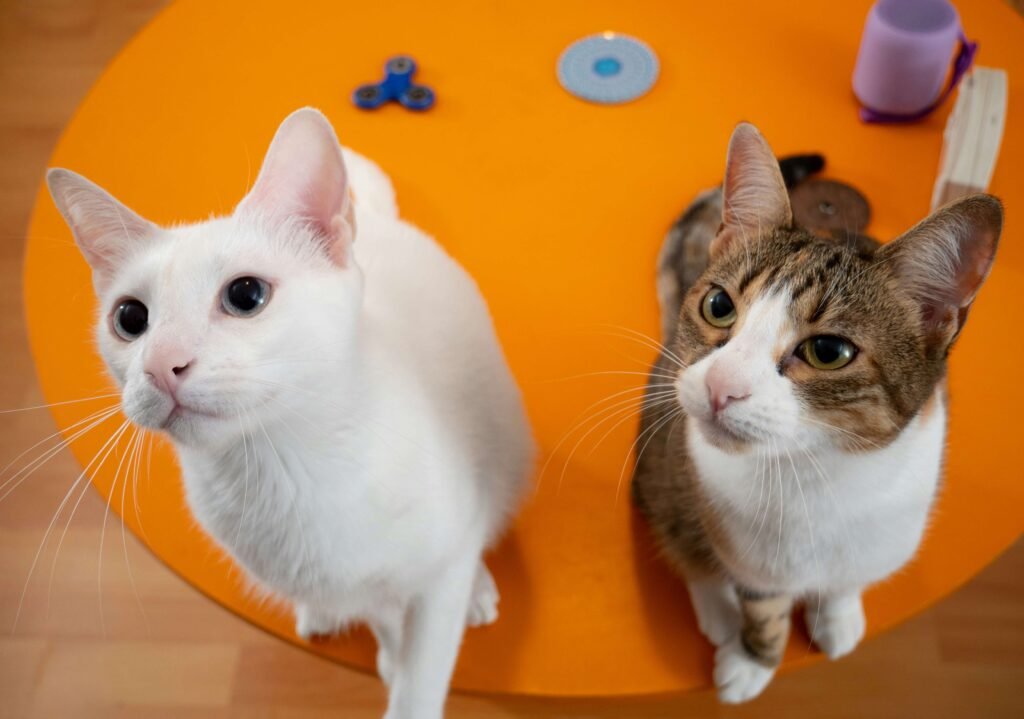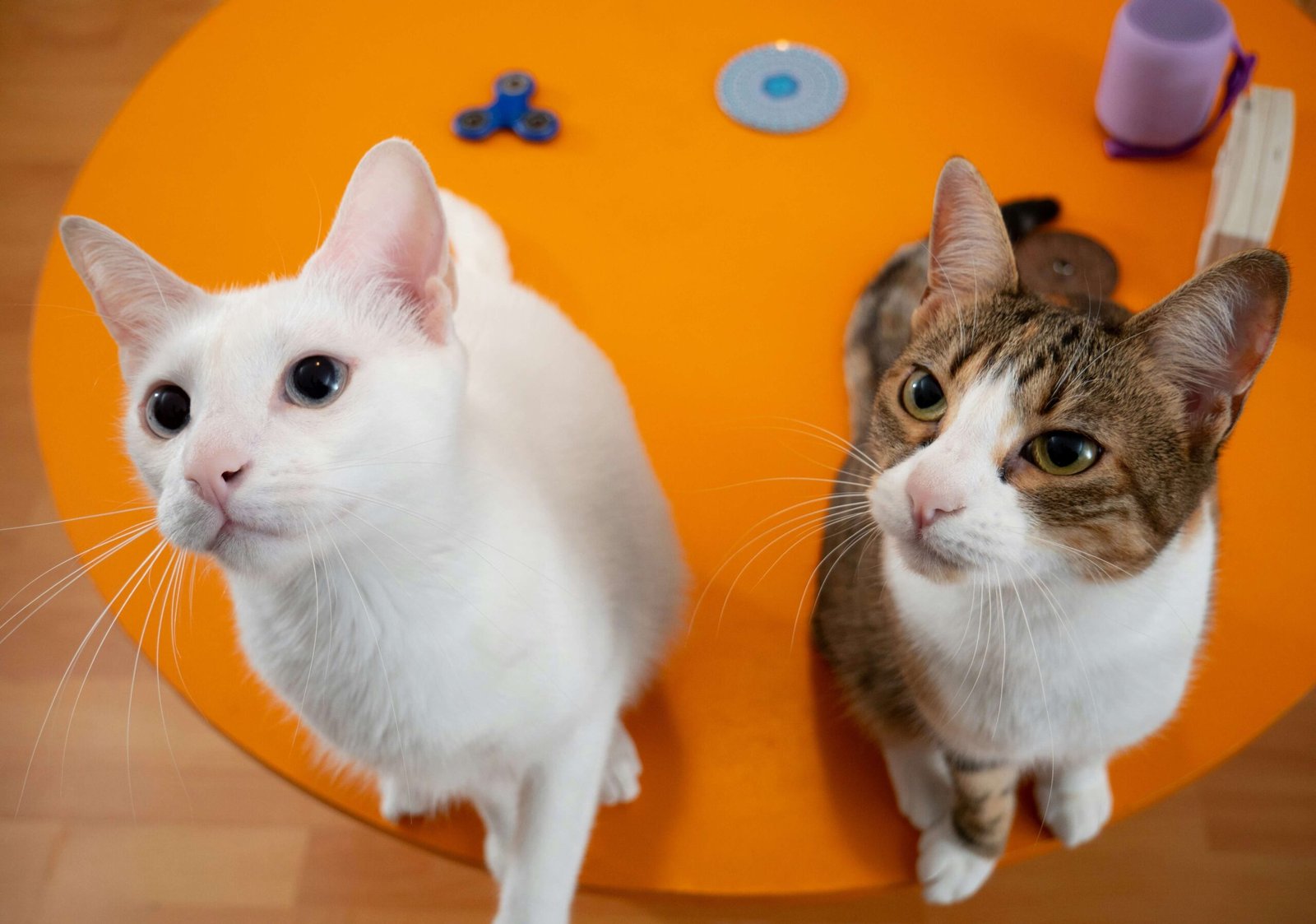Understanding the Concern: Cat Pooping Jelly-Like Substance with Blood
As a cat owner, noticing unusual changes in your pet’s behavior or health can be alarming. One such worrying symptom is when your cat poops a jelly-like substance mixed with blood. While this might sound distressing, it’s important to approach the situation calmly and gather as much information as possible. This blog post delves into what this symptom could mean, potential causes, and steps you can take to ensure your feline friend gets the care they need. Whether you’re a seasoned cat parent or new to pet ownership, understanding this issue will empower you to act swiftly and effectively.
What Could Be Causing This Symptom?
The presence of a jelly-like substance with blood in your cat’s stool can stem from various underlying issues. Below, we outline some common causes to help you better understand what might be happening.
Dietary Changes
A sudden shift in your cat’s diet can upset their digestive system, leading to irregular bowel movements.Parasitic Infections
Intestinal parasites like worms or protozoa can irritate the lining of your cat’s intestines, causing bloody discharge.Inflammatory Bowel Disease (IBD)
This condition involves chronic inflammation in the gastrointestinal tract, which may result in abnormal stool consistency.Food Intolerances or Allergies
Some cats are sensitive to specific ingredients, leading to gastrointestinal distress.Bacterial or Viral Infections
Pathogens like salmonella or feline panleukopenia can severely affect your cat’s digestive health.
Understanding these potential causes is the first step toward addressing the issue. However, only a veterinarian can accurately diagnose the root problem.
Symptoms to Watch For
While the jelly-like substance with blood is a clear red flag, other accompanying symptoms can provide additional clues about your cat’s condition. Here’s what to look out for:
Diarrhea or Constipation
Both extremes in bowel habits can indicate gastrointestinal distress.Vomiting
Frequent vomiting alongside abnormal stools suggests a more serious issue.Lethargy
If your cat seems unusually tired or uninterested in activities, it could signal an underlying illness.Loss of Appetite
Refusal to eat or drink can quickly lead to dehydration and malnutrition.Abdominal Pain
Cats showing signs of discomfort when touched around their belly may have internal issues.
Monitoring these symptoms can help you communicate effectively with your vet. Remember, early detection is key to ensuring your cat receives timely treatment.
Check this guide 👉Why Did My Cat Poop on My Bed? Best 7 Expert Behavior Tips!
Check this guide 👉Why Is My Cat Pooping Outside the Litter Box? Best 7 Tips!
Check this guide 👉Why Do Cats Run After They Poop? Best 7 Behavior Tips!

Signs Your Cat Needs Immediate Care | Steps You Can Take at Home |
|---|---|
Persistent bloody stools | Keep your cat hydrated |
Vomiting multiple times a day | Monitor their food intake |
Severe lethargy or weakness | Provide a quiet, stress-free space |
Noticeable weight loss | Avoid giving table scraps |
Straining during bowel movements | Contact your vet promptly |
How Veterinarians Diagnose the Issue
Once you’ve identified concerning symptoms, the next step is visiting your veterinarian. They’ll conduct a thorough examination to pinpoint the cause of your cat’s condition. Here’s how they typically proceed:
Physical Examination
The vet will check your cat’s overall health, focusing on their abdomen and rectal area.Stool Sample Analysis
Examining a fecal sample helps identify parasites, bacteria, or other abnormalities.Blood Tests
These tests assess organ function and detect infections or inflammatory conditions.Imaging Techniques
X-rays or ultrasounds may reveal blockages, tumors, or other structural issues.Dietary History Review
Your vet will ask about recent changes in your cat’s diet or eating habits.
Each diagnostic step brings you closer to understanding the problem and finding an effective solution.
Treatment Options Available
Once diagnosed, your veterinarian will recommend appropriate treatments based on the underlying cause. Here are some common approaches:
Medications
Antibiotics or dewormers may be prescribed to treat infections or parasitic infestations.Dietary Adjustments
Switching to hypoallergenic or easily digestible foods can alleviate symptoms.Hydration Therapy
Intravenous fluids may be administered if your cat is dehydrated.Anti-Inflammatory Drugs
These medications can reduce inflammation in cases of IBD or colitis.Surgical Intervention
In rare cases, surgery might be necessary to remove obstructions or tumors.
The right treatment plan depends on the diagnosis, so always follow your vet’s recommendations closely.
Preventive Measures to Keep Your Cat Healthy
Taking proactive steps can help minimize the risk of your cat developing digestive issues. Here are some preventive measures you can incorporate into your routine:
Provide a Balanced Diet
Ensure your cat’s food is nutritionally complete and suited to their age and health needs.Introduce Dietary Changes Gradually
Sudden changes in food can upset your cat’s stomach, so transition slowly over 7–10 days.Maintain Regular Vet Check-Ups
Routine visits allow early detection of potential health problems before they escalate.Keep Their Environment Stress-Free
Cats are sensitive to changes in their surroundings, so provide stability and comfort.Practice Good Hygiene
Regularly clean litter boxes to prevent infections and monitor stool consistency.
By implementing these practices, you can create a healthier environment for your cat and reduce the likelihood of unpleasant surprises.
Common Misconceptions About Cat Digestive Health
There are several myths surrounding feline digestive health that can lead to confusion. Let’s debunk some common misconceptions:
Myth: Cats Can Eat Anything
While cats are curious eaters, many human foods are toxic or difficult for them to digest.Myth: Blood in Stool Is Always Serious
Though alarming, minor cases can sometimes resolve with dietary adjustments under vet guidance.Myth: Parasites Only Affect Outdoor Cats
Indoor cats can also contract parasites through contaminated food, water, or even humans.Myth: Vomiting Is Normal Behavior
Occasional vomiting may not be concerning, but frequent episodes indicate an underlying issue.Myth: Cats Don’t Need Hydration Monitoring
Even though cats drink less water than other pets, dehydration can severely impact their health.
Understanding the truth behind these misconceptions helps you make informed decisions about your cat’s care.
Tips for Supporting Your Cat During Recovery
If your cat is recovering from a digestive issue, providing extra support can speed up their healing process. Consider these tips to aid their recovery:
Offer Bland, Easily Digestible Foods
Boiled chicken or prescription diets can soothe irritated digestive tracts.Encourage Small, Frequent Meals
Smaller portions reduce strain on the stomach and promote better digestion.Ensure Access to Fresh Water
Hydration is crucial for flushing out toxins and maintaining overall health.Limit Physical Activity
Rest allows your cat’s body to focus on healing rather than expending energy.Monitor Progress Closely
Track improvements or setbacks to share detailed updates with your vet during follow-ups.
With patience and attentive care, your cat will likely recover fully and return to their playful self in no time.
Frequently Asked Questions
Is it normal for cats to occasionally pass blood in their stool?
No, any presence of blood in your cat’s stool should be investigated by a veterinarian.
Can stress cause my cat to poop jelly-like substances?
Yes, stress can disrupt your cat’s digestive system, but persistent symptoms require medical attention.
How long should I wait before contacting a vet?
If symptoms persist for more than 24 hours or worsen, seek veterinary care immediately.
Are over-the-counter remedies safe for my cat?
Always consult your vet before administering any medication or supplements.
Can this issue resolve on its own?
Some mild cases might improve, but ignoring the symptom risks worsening your cat’s condition.
Final Thoughts: Prioritizing Your Cat’s Health
Caring for a cat experiencing jelly-like stools with blood requires vigilance and prompt action. By staying informed about potential causes, recognizing symptoms early, and working closely with your veterinarian, you can ensure your furry companion receives the best possible care. Remember, your cat relies on you to advocate for their well-being. With love, patience, and professional guidance, most health issues can be managed effectively, allowing your feline friend to thrive once again.
Do Cats Have Taste Buds? Best 7 Expert Tips! – Discover how cats experience flavors and why their taste is so unique.
Do Dogs Have Taste Buds? Best 7 Expert Tips! – Discover how dogs experience taste, their preferences, and what it means for their diet and health.
Can Cats Taste Sweet? Best 7 Expert Tips! – Discover why cats can’t taste sweetness, how it affects their diet, and tips to keep them healthy and happy.
Can Dogs Taste Sweet? Best 7 Expert Tips! – Discover how dogs perceive sweetness, which foods are safe, and tips to manage their sweet cravings responsibly.





